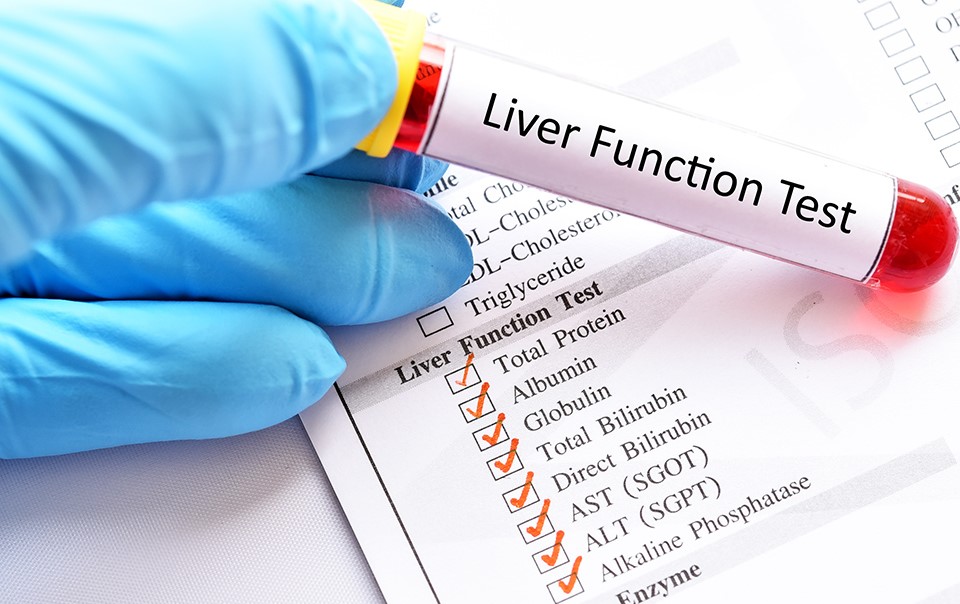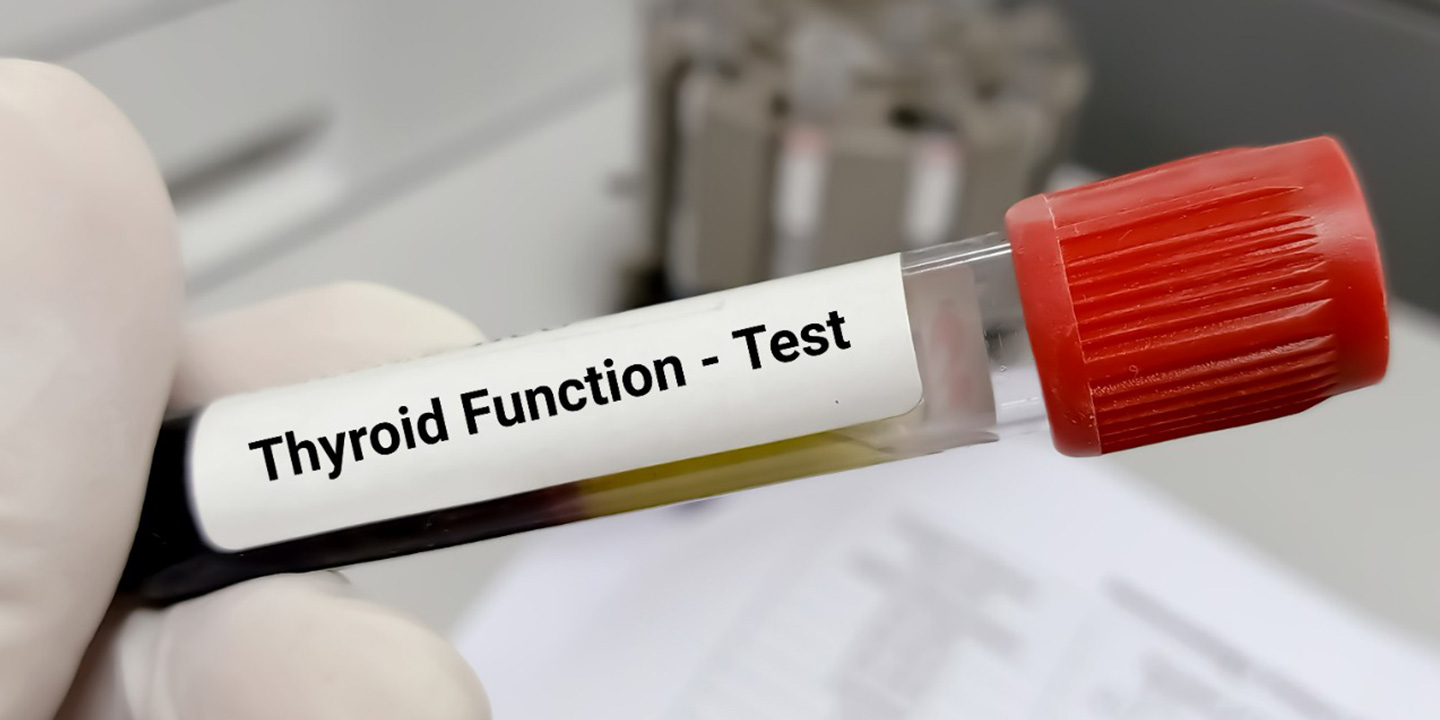
The Liver Function Test, often abbreviated as LFT, is a crucial blood test that assesses the health and functionality of your liver. This test measures various markers and enzymes in your blood to provide insights into your liver’s well-being. In this blog, we’ll dive into the LFT blood test, explore what constitutes a normal range, and guide you to the best diagnostic labs in Kolkata & Bhopal for accurate and reliable results.
Understanding the LFT Blood Test:
The LFT blood test evaluates several key markers, including:
ALT (Alanine Aminotransferase): Elevated ALT levels can indicate liver damage or disease, such as hepatitis.
AST (Aspartate Aminotransferase): AST is another enzyme found in the liver. High AST levels may suggest liver problems.
ALP (Alkaline Phosphatase): Elevated ALP levels may indicate liver disease or issues with the bile ducts.
Bilirubin: Bilirubin is a waste product produced by the liver. Elevated bilirubin levels can point to liver or gallbladder problems.
Albumin: Albumin is a protein produced by the liver. Low albumin levels may indicate liver disease or malnutrition.
Total Protein: This measures the total amount of protein in your blood, including albumin and other proteins. Abnormal levels can signal various conditions.
Normal Ranges for LFT Markers:
It’s important to note that the normal ranges for LFT markers can vary slightly from one laboratory to another. However, here are general guidelines for normal LFT values by HCDC:
ALT (Alanine Aminotransferase): Normal range is typically 7-56 units per liter (U/L).
AST (Aspartate Aminotransferase): Normal range is usually 8-48 U/L.
ALP (Alkaline Phosphatase): Normal range varies but is typically around 45-115 U/L.
Bilirubin: The total bilirubin level should be less than 1.2 milligrams per deciliter (mg/dL).
Albumin: Normal levels range between 3.4-5.4 grams per deciliter (g/dL).
Total Protein: The total protein level is typically between 6.0-8.3 g/dL.
Why Should You Get an LFT Blood Test?
An LFT blood test is essential for various reasons:
Detecting Liver Disorders: It helps identify liver diseases such as hepatitis, cirrhosis, or fatty liver.
Monitoring Liver Health: For individuals with known liver conditions, regular LFT tests help monitor liver function and treatment effectiveness.
Screening: In some cases, LFT tests are used as routine screenings to detect potential liver problems early.
Assessing Medication Effects: LFT tests are also crucial in evaluating the impact of certain medications on the liver.
Before scheduling your LFT blood test, consider factors like location, hours of operation, and whether an appointment is required. Always book your test at Health Care Diagnostic Clinic & Laboratory Services to determine the appropriate timing and frequency of LFT testing based on your health needs. Regular LFT tests can play a crucial role in maintaining your liver health and overall well-being.


